The white-collar world loves to talk about telecommuting, working from home, and the mobile office.
Fleet managers, however, have managed employees in mobile offices—on wheels—for decades. Before texting or Google Hangouts were even around, fleet managers sent their drivers off on America's interstates, trusting them to manage up to 40 tons of freight and engine.
Fortunately, fleet management software has helped make trucks—those original mobile offices—better integrated, better monitored, and more connected to a fleet's overall mission. That connection, however, relies on the ability to track your vehicles through GPS.
Here are five great GPS trackers you can use to keep an eye on your fleet, better manage your drivers, and really make America's roads your office.
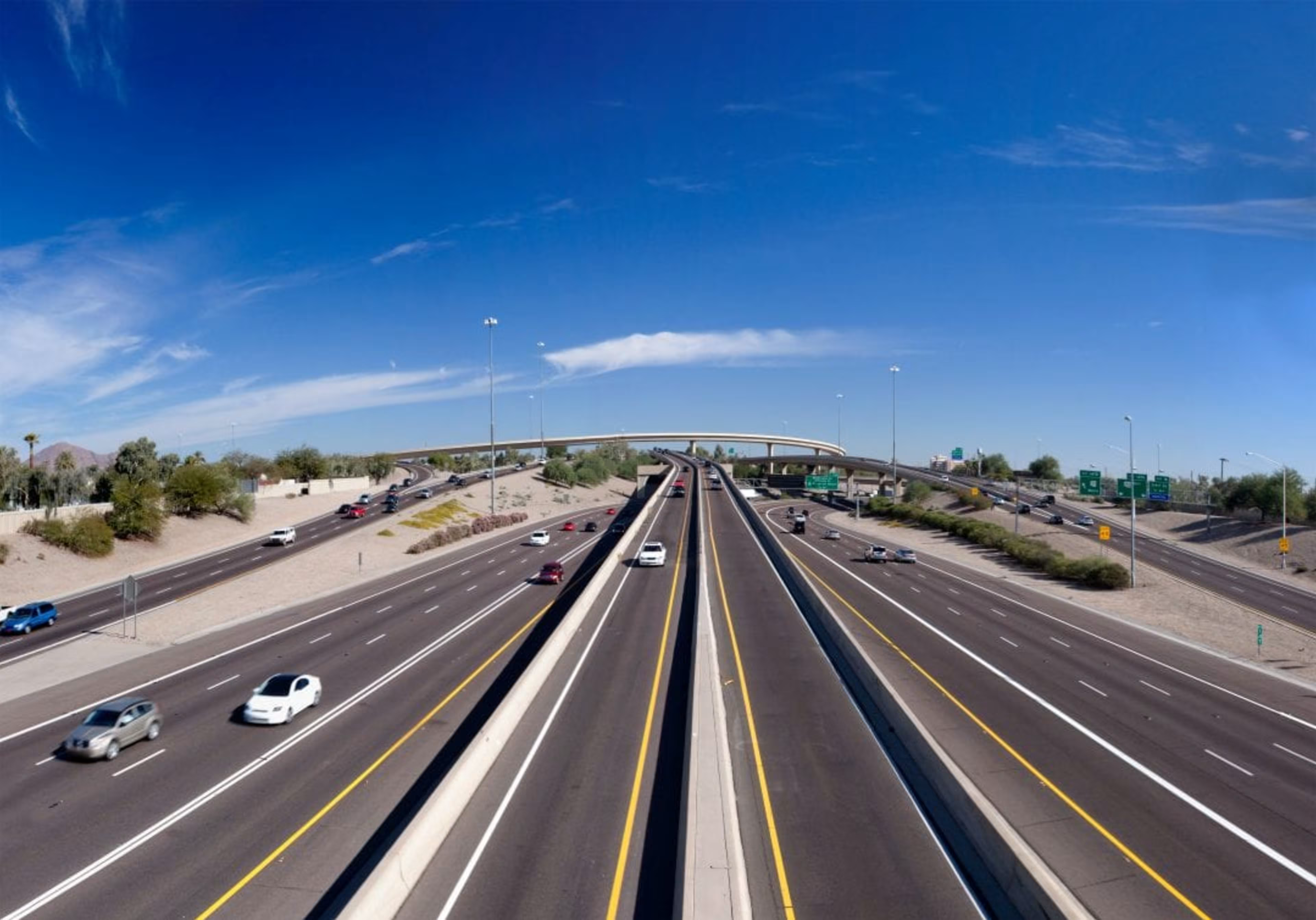
Not a bad view...
1. SpyTec STI GL 300 mini Portable
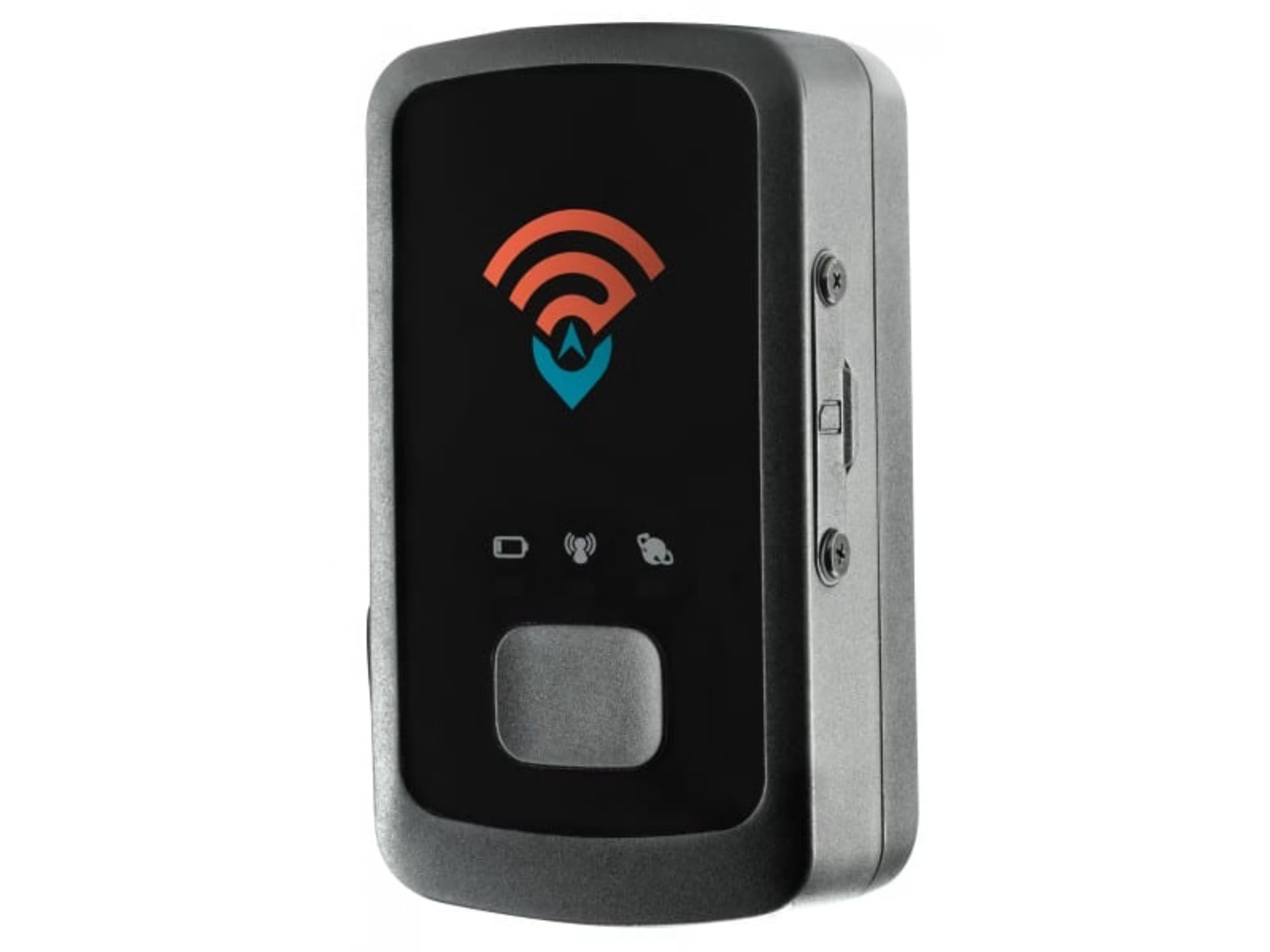
While the SpyTec GL 300 is small enough to be hidden, at two inches a tracker, I wouldn't recommend taking advantage of that, given many drivers' perception of GPS trackers. There's a sense among many drivers that trackers are a "Big Brother" technology. So, if you go with an easily concealed tracker, make sure drivers know you're installing it.
If you do have a situation where you need to track a driver secretly, however, the GL 300 would be a good choice. It doesn't need to be plugged in, and its two-week battery life should keep it going for awhile.
The GL 300 also has geofencing capabilities, so you can know when a driver goes in or out of a certain, "fenced-off" area. You can also set the tracker up to send text or email notifications to you if a driver enters that area. The tracking is nearly real-time, so if you're concerned about a particular driver's trip, you'll get timely information. You can also monitor your drivers with SpyTec's apps: Track Pro 2.0 for Android devices, and SpyTec GPS if you've got an iPhone.
The GL 300 retails for about $70 on their website, and $50 on Amazon.
2. Aspenta's Vectu Portable Vehicle Tracker
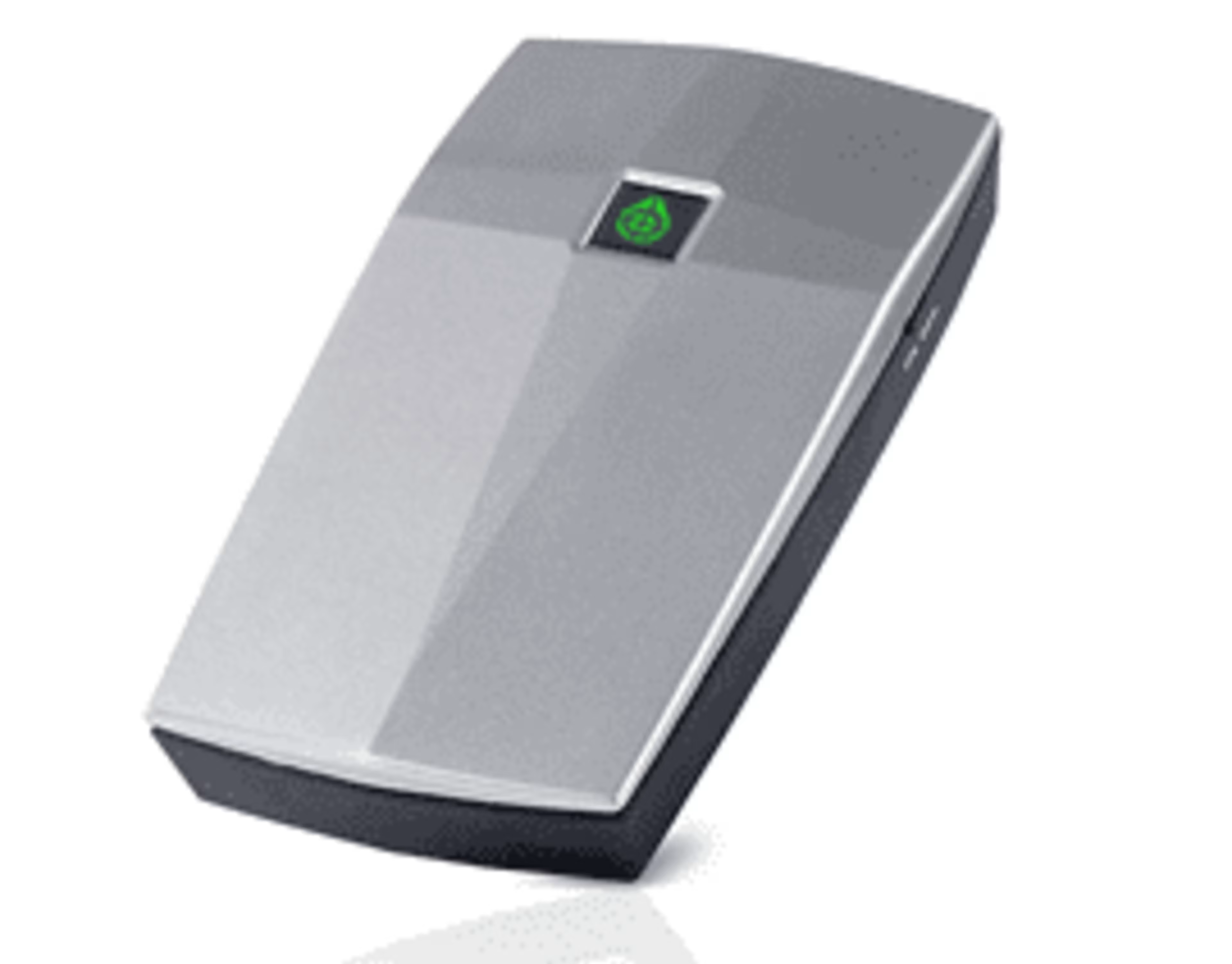
Aspenta's Vectu tracker is another good GPS option. Like the GL 300, it's only about the size of a driver's license or an early 2000's flip phone. Also like the GL 300, you can set it up to send you push notifications or SMS messages if a vehicle leaves a certain area (geofencing's a wonderful thing...). You can also get a view of where your vehicles are online, or through the myAspenta app on Android or iPhone.
The Vectu can locate to within 16 feet of where your vehicle is. It also updates every minute, so that's pretty close to real time. If you have multiple managers tracking your vehicles, the Vectu can send notifications to up to four phones.
The Vectu retails for $49.99 at the vendor's site, and you can find it from third-party vendors for anywhere from $80-90. Heads up, you'll also need to purchase a subscription plan from Aspenta. Plans are either $15 a quarter, or $50 yearly.
3. MasTrack MT-OBD Live Vehicle Tracker
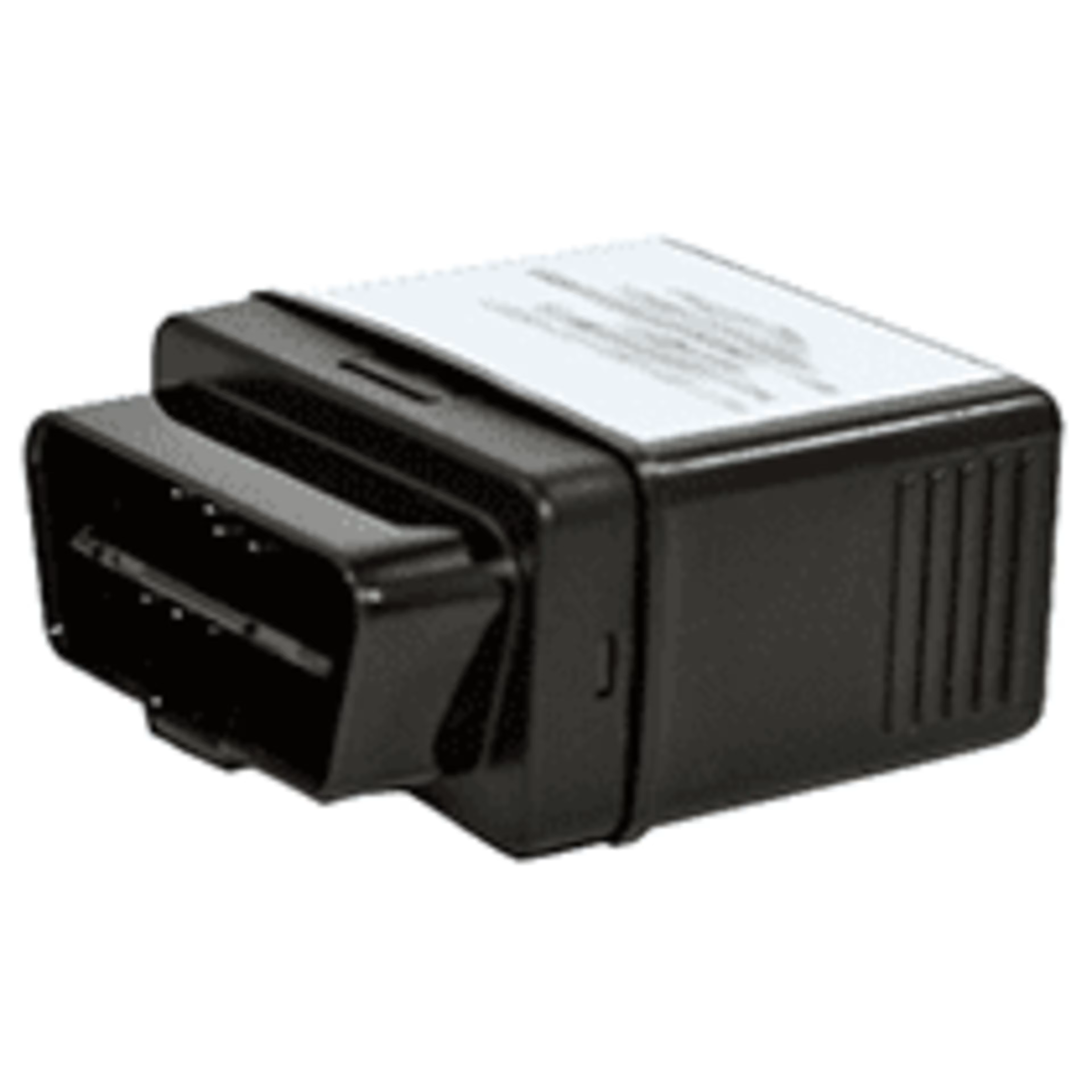
The MT-OBD Live Vehicle Tracker gets the "live" from the fact that it updates you on a vehicle's location in near-real-time fashion. And it's not just quick with the updates (once per minute), it's also quick to install: just plug it into the OBD (on-board diagnostics) port in a vehicle, and you're good to go. Like the other trackers mentioned, it has geofencing, so you can know when your drivers get to certain areas.
The MT-OBD tracker is powered by your vehicle, so there's no worry about battery life. You also won't have to worry about frequent check-ins, as you can set up the MT-OBD to notify you of speeding, idling, or when the vehicle turns on. There are Android and iPhone apps available, so if you have a phone, you have a lawyer a way to monitor your fleet.
The device alone retails for about $80. A basic subscription package is $187 a year, and the premium package is $249.
4. Optimus Real Time GPS Tracker
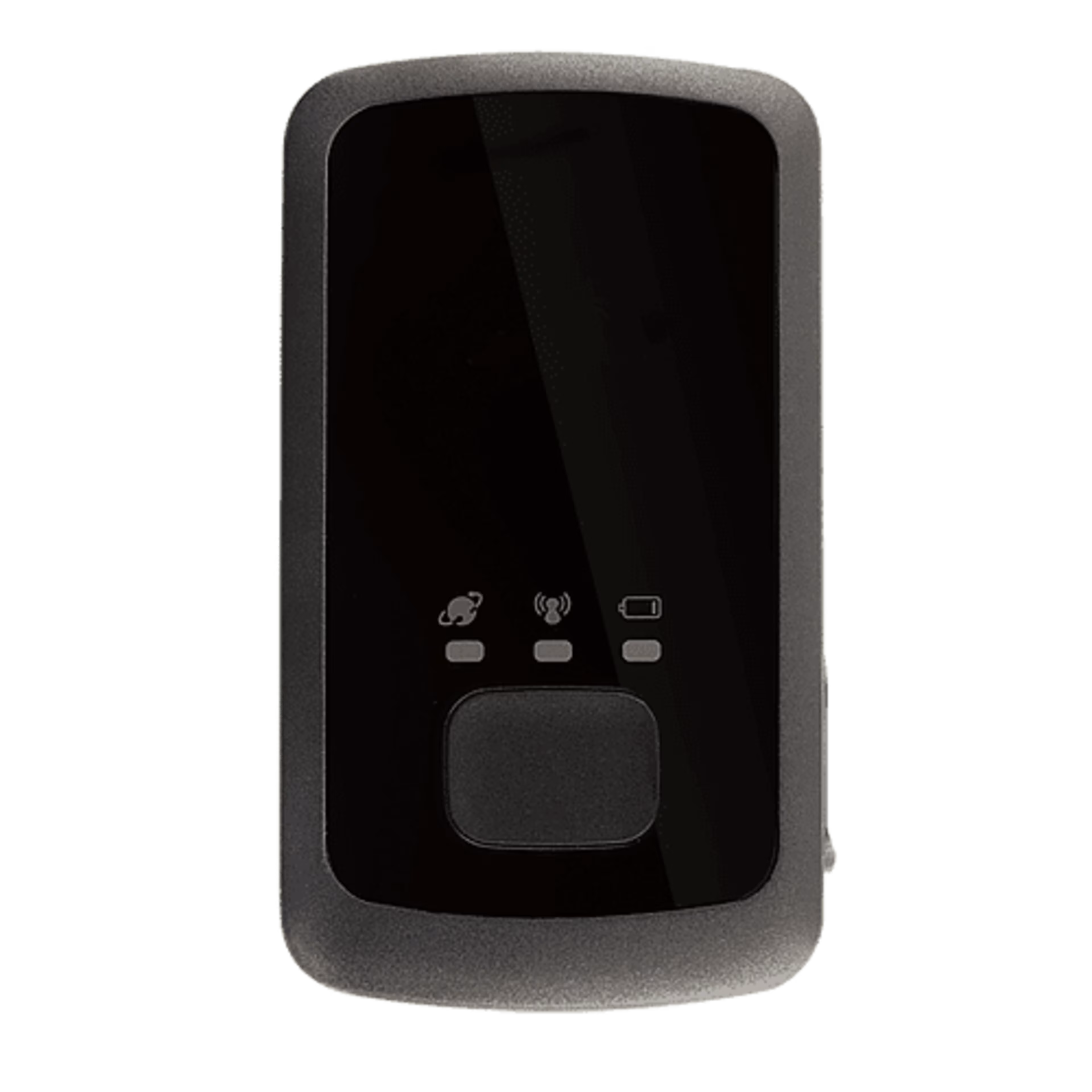
Reviewers say good things about the Optimus Real Time GPS Tracker's battery life—probably because this tracker has a standby feature. If the motion sensor in the Optimus GPS Tracker notices you're not moving, it'll go into standby, saving power for the times when you need it to work. The standby also helps the Optimus stay on constantly. Even if the Optimus isn't plugged in, it stays on.
The Optimus comes with a lot of the same features as other trackers on this list, like iPhone and Android apps, email and text alerts, and geofencing to see if a driver has left, or entered, a certain area. Unlike some others on this list, however, the Optimus uses both GPS and cell phone towers for tracking. Again, reviews are usually pleased with how often Optimus gets the location right, noting that it can pinpoint a tracker to within a 25-foot radius.
The Optimus retails for about $60, and there's a $20 monthly service fee.
5. Geotab GO7
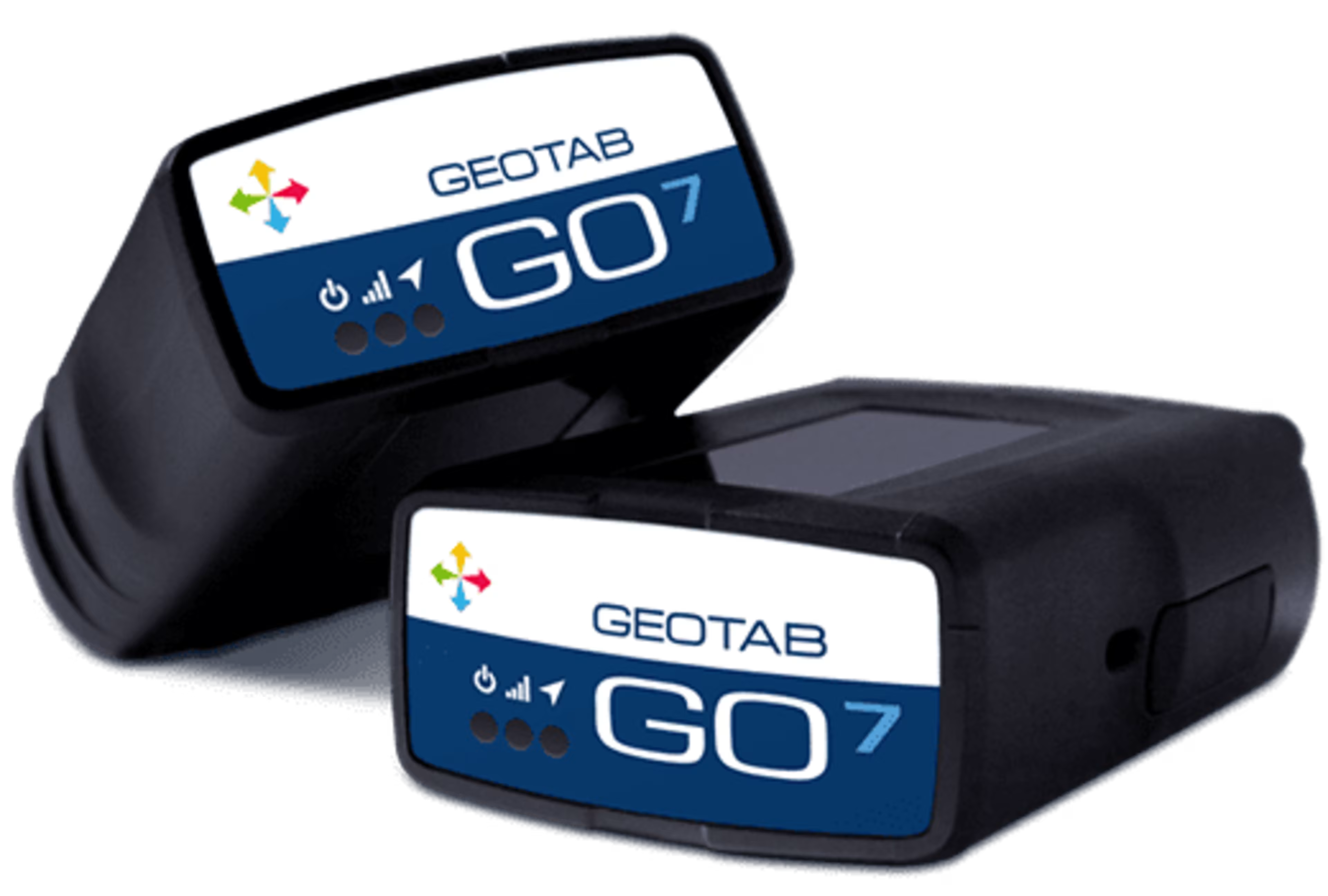
Geotab, makers of the fleet management software program of the same name, also make GPS trackers. Like the MasTrack MT-OBD, it plugs into the OBD port of a vehicle. If your vehicle lacks an OBD port, however, you can buy an adapter to make sure the GO7 still can get you information about where your assets are.
The GO7 is a thorough piece of electronics, tracking speed, idling, and geofencing, but also keeping an eye on other metrics like mileage and seatbelt use. Also in the overachiever category, the GO7 can not only detect accidents, but in-vehicle reverse collisions. So if a driver bumps into something backing up, you'll have info on that, too. If you're concerned about regulatory issues, the GO7 can also help you with hours of service regulations, as well as DVIR inspections.
The GO7 has a suggested retail price of $99.
A GPS tracker caveat
While any of these devices can help track your vehicles, there's another option you should consider if you're looking to track your fleets: smart phones. As anyone who's ever used Google Maps on their phone to find a craft brewery knows (why are they all hidden in industrial parks?!), smart phones can track your location in a way that would have seemed unreal even 17 years ago.
For many fleet management software companies, "the belief is that phones can do the tracking for you," rather than GPS hardware devices, says Khaled Naim of Onfleet. "A lot of our competitors are smart phone first, no additional hardware required."
Dedicated hardware is often unnecessary "because everyone already has a phone on them," he adds.
There are situations, Naim acknowledges, where GPS hardware is helpful.
"Some companies, like long haul fleets," can still get a lot of out GPS trackers, he says. "Large trucks beyond a certain capacity need some sort of on-board device."
With the ELD mandate likely becoming a reality in December of 2017, trackers and devices that record hours of service will be a necessity if fleets want to avoid heavy fines.
GPS Trackers: Do they work for you?
Has your small fleet used any of the GPS trackers mentioned above, or any other GPS trackers? Do you stick to smart phones, or use OBD port devices, or other GPS hardware? Let me know in the comments below!